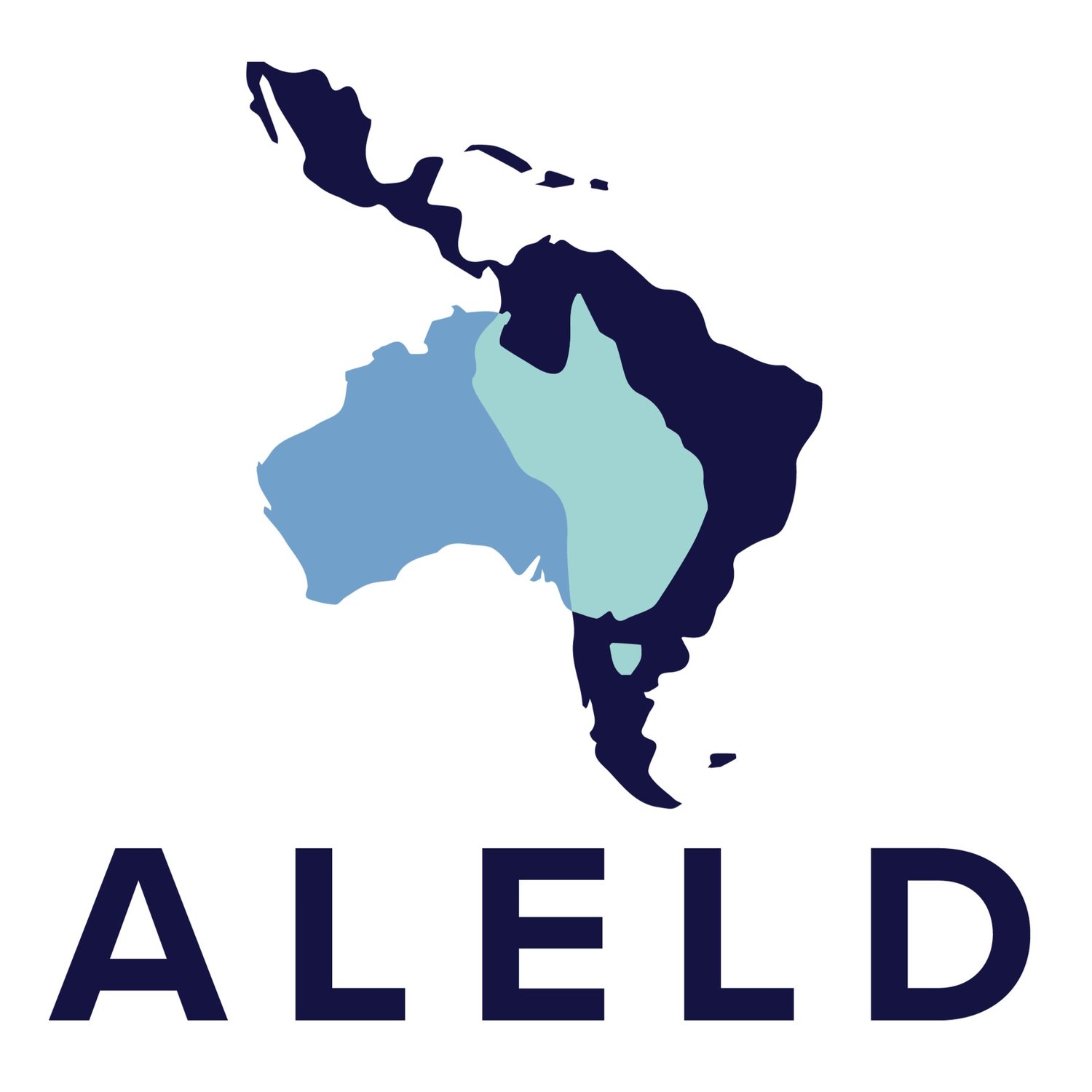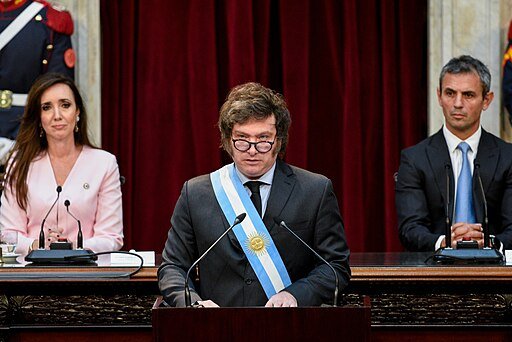A Brief Explainer: Argentina’s Current Economic Situation Under President Milei
Image Author’s Own.
As a current chief economics commentator at the Wall Street Journal stated, “Argentina is the bedtime horror story that other economies use to scare each other”. In Argentina, Javier Milei is the incumbent president at the helm of this ‘horror’ economy. Though Milei is presented in the media as the latest embodiment of the region’s populist wave of presidents, often compared to Donald Trump, the economic situation he faces is starkly different.
President Milei in the Legislative Assembly, 1 March 2024. Source: Wikimedia.
When Milei was elected in November last year, the country’s inflation rate sat at 160 percent. He came to power on the back of an extreme pro-market, anti-establishment discourse that promised to end the burden of agonisingly high inflation by taking a ‘chainsaw’ to the state. Since then, Milei has introduced a range of economic measures, commonly referred to as ‘shock therapy’ to make good on his election promises. Though his rhetoric is extreme, these measures, such as monetary devaluation and austerity, are textbook economic theories with historically deep roots in the Latin American economic experience and have produced often uneven results.
The first - and one of the most unconventional measures - is his call to eliminate the country's central bank. Central banks have the responsibility of setting national interest rates, a tool used to tackle inflation. In Latin America, The International Monetary Fund (IMF) has established a strong correlation between the independence of central banks from political agents and lower inflation rates in the region. In Argentina, the prominent discourse that brought Milei to power suggests that the central bank was a political pawn of the previous government who negligently printed money in order to finance their policies.
Milei has also used the Argentine central bank as a tool to further his agenda to devalue the peso. This devaluation took place only three days after his ascension into the presidential role, with the peso depreciating by over 50 of the previous day's value. This devaluation was welcomed by the IMF as "an important step toward restoring stability and rebuilding the country's economic potential".
Argentina’s Central Bank. Source: Wikimedia
In December 2023, shortly following the peso’s devaluation, Milei implemented an emergency decree that introduced a number of austerity measures, including major cuts to government programs. The number of government ministries has been halved and as of March 31 over 70,000 government contracts have lapsed. Historically, austerity has been implemented to reduce government spending which, according to Milei’s discourse, is the root of Argentina’s inflation. Both the case of currency devaluation and austerity are textbook economic fiscal and monetary policy tools seen as necessary to tackle inflation in the long run.
The key to understanding these policies' controversies lies in the economic theory which is riddled with current and past failings in the Argentinian context. To begin, austerity measures are not new to Argentina nor the region. In recent Argentine history, the 1990s saw similar austerity measures implemented and government expenditure fall drastically. In this environment, GDP grew, though the economy had also already lived through two recessions by the end of the decade.
Furthermore, theorists expect these policies to bring about economic stabilisation in the long run while accepting and causing enormous short-term distress to the public. These effects are seen in the average Argentinian's inability to purchase everyday goods as prices climb and their purchasing power depreciates. Following these policy changes, Argentina’s poverty level as of January rose to a 20-year high of over 57 percent equal to 27 million individuals.
In March, Argentina’s inflation rate hit a high of just over 287 percent, with the central bank further continuing to target a 2 percent monthly devaluation of the peso. This has led to an exceptional situation where pesos are commonly switched for increasingly valuable US currency and hoarded. As a result, the New York Times estimates the number of US dollars in Argentina to be close to 10 percent of all US dollars in circulation.
Coming into 2024, as poverty increases and the public’s tolerance wanes, Milei has struggled to garner further support for his policies at both federal and state government levels. In January, an Argentine court deemed a number of his reforms unconstitutional. In March, the Argentine senate voted to reject the emergency decree and a further important reform bill introduced by Milei known as omnibus - met with large protest. In the most recent manifestations, tens of thousands took to the streets of the capital Buenos Aires in protest of cuts to the public university system. Just last week the country's second national labour strike took place, halting work in several major industries.
Milei’s current playbook is riddled with divisive policy ideas including scrapping the central bank and even every government department to drive down fiscal spending- as seen in the video circulating on social media where Milei tears down paper from a whiteboard with the names of said departments.
It was this rhetoric that saw him win the presidency. A recent poll suggests that Milei retains a 48 percent approval rating for his current economic policy, just short of 56 percent of the vote that won him the election. However, for the other 52 percent who currently disapprove, support for Milei’s style of economic adjustment is seen to wane as harsh realities materialise for the everyday Argentinian. Milei will remain a divisive figure in the public eye as an uncertain economic future continues to await Argentina.
Author Bio: Laura Klein completed her undergraduate degree at the Australian National University and spent time studying at the La Universidad Católica de Chile. She has been accepted into a Masters at the London School of Economics, where she looks forward to further engaging in Latin American Studies.
Content Disclaimer
The views expressed in this article are those of the author and do not necessarily represent the views or opinions of the Australia Latam Emerging Leaders Dialogue.



